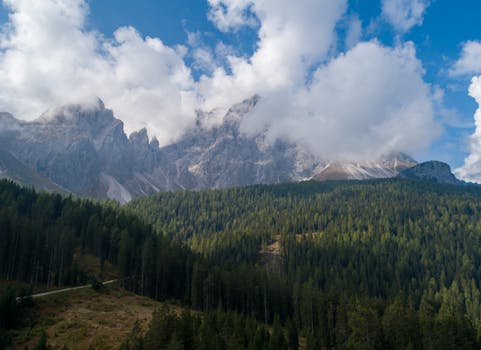
Introduction

The impact of climate change on global ecosystems is profound and far-reaching. As temperatures rise and weather patterns shift, ecosystems around the world face unprecedented challenges. This article delves into the various ways climate change affects biodiversity, habitats, and ecological balance.
Effects on Biodiversity

One of the most significant impacts of climate change is the threat it poses to biodiversity. Many species struggle to adapt to rapid environmental changes, leading to shifts in population dynamics and, in some cases, extinction. For example, coral reefs, which are highly sensitive to temperature changes, are experiencing widespread bleaching events due to elevated sea temperatures.
Shifts in Habitats

Climate change is causing habitats to shift geographically. As temperatures rise, species are moving to cooler areas, often toward higher altitudes or latitudes. This migration can disrupt existing ecosystems and lead to competition between native and invasive species. Furthermore, the alteration of habitats can lead to a decline in species that cannot adapt quickly enough.
Impact on Ecosystem Services

Ecosystem services, which include clean water, pollination, and carbon storage, are also being affected by climate change. As ecosystems degrade, the services they provide become compromised, impacting human health and economies. For instance, declining bee populations due to changing climates can affect agricultural productivity and food security.
Conclusion

In conclusion, the impact of climate change on global ecosystems is a pressing issue that requires immediate attention. Protecting biodiversity and maintaining ecosystem services are crucial for the health of our planet. As we move forward, it is essential to implement strategies that mitigate climate change and protect our natural environments.





